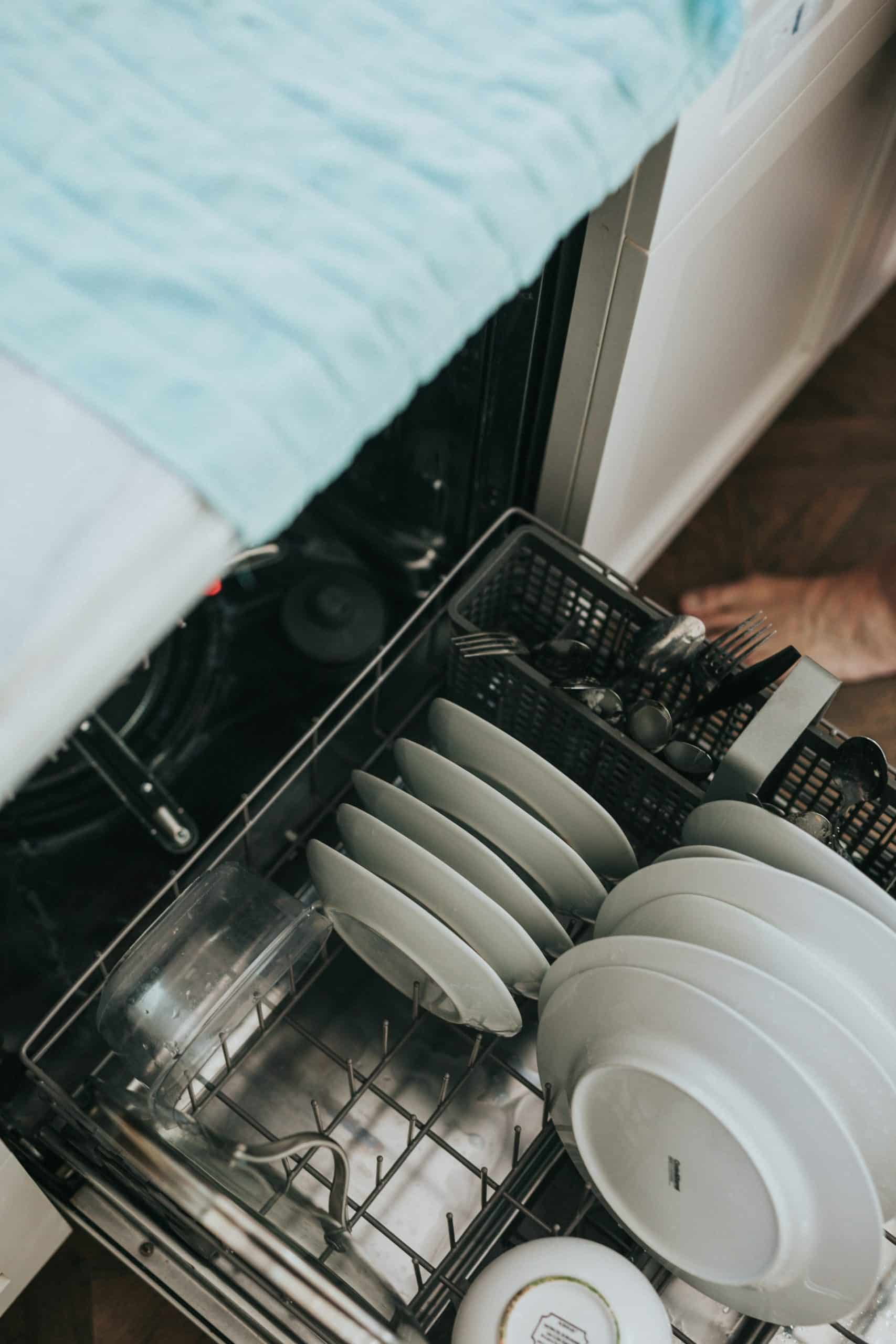Which type of kitchen flooring offers the best slip resistance for elderly users?

Choosing the right flooring for a home is a critical decision. It goes beyond style and aesthetics, as you have to consider the practical aspects too. The kitchen, especially, is a space in the home that requires careful consideration when it comes to the type of flooring. This is especially true if the home has elderly residents, as they are more prone to slipping and falling accidents. The good news is that there are numerous flooring options available that offer high levels of slip-resistance. From tiles, vinyl, rubber, carpet, laminate, to wood, each option has its unique characteristics. Let's delve deeper into these options to understand which would be the best for a slip-resistant kitchen floor.
Vinyl Flooring: An Excellent Slip-Resistant Option
The first on our list is vinyl flooring, a popular choice for many households. Not only is vinyl flooring resistant to moisture and stains, but it also offers excellent traction, making it an excellent option for seniors.
Also to see : How can a smart oven be integrated into an existing traditional kitchen design?
Vinyl flooring is incredibly easy to maintain, requiring a simple sweep or mop to keep it clean. It's available in a wide variety of designs and colors, giving you the flexibility to match it with your kitchen's aesthetics.
However, while vinyl is a great anti-slip floor option, it's not as durable as other materials like tiles or hardwood. Over time, heavy appliances and high foot traffic may cause vinyl flooring to tear or get damaged.
In the same genre : How can you integrate a modern touchless faucet system in an older kitchen?
Tiles: A Versatile and Durable Choice
Tiles have been a go-to flooring option for kitchens, bathrooms, and living spaces alike, thanks to their durability and versatility. Ceramic and porcelain tiles offer a plethora of design options, including colors, patterns, and textures that can mimic natural stone or wood.
When considering tiles for slip resistance, it’s important to note that not all tiles are created equal. Some tiles can become slippery when wet, posing a risk for falls and accidents. However, there are many anti-slip tiles available on the market, designed with a rougher surface to reduce the risk of slipping.
One downside of tile flooring is the hard surface, which might not be as forgiving on the joints as softer options like vinyl or carpet. However, for a balance of durability and slip-resistance, tiles provide a solid option.
Rubber Flooring: A Safe and Comfortable Solution
Rubber flooring may not be the first option that comes to mind when thinking about kitchen floors, but it is a viable choice for those prioritizing safety. Rubber is naturally slip-resistant, providing a high-grip surface that can prevent slips and falls even when wet.
Moreover, rubber flooring is easy to clean and maintain, making it a practical choice for kitchen spaces. It's also soft and comfortable underfoot, providing some relief for elderly individuals who spend a lot of time standing in the kitchen.
Carpet and Laminate: Soft but Potentially Slippery
Carpet and laminate flooring are two options that offer a softer surface underfoot. Carpet, in particular, can provide extra cushioning in case of falls, and it's also warm and comfortable. However, it's not typically recommended for kitchens as it can easily stain and isn't as easy to clean as other options.
Laminate, on the other hand, can mimic the look of hardwood or tile, but it's softer and warmer. It's more resistant to stains than carpet, but it can become slippery when wet. It's recommended to choose laminate flooring designed with anti-slip properties for the best safety results in the kitchen.
Wood: A Classic Choice with Caution
Wood flooring is a classic and aesthetically pleasing option that can bring warmth and elegance to any kitchen. However, when it comes to slip resistance, wood can be a bit tricky.
Some types of wood can be very slippery, especially when wet, which is a common occurrence in the kitchen. However, there are ways to improve the slip resistance of wood flooring, such as using anti-slip coatings or choosing a type of wood with a naturally rougher texture.
While wood flooring is a beautiful option, it does require regular maintenance to keep it looking its best. It can also be a more costly choice compared to other flooring options.
In conclusion, when choosing the best kitchen flooring for elderly users, it's important to consider the slip resistance of the material, especially in environments like the kitchen where spillages are common. Vinyl, tile, and rubber flooring come out on top in terms of slip resistance, but the final choice will depend on individual preferences and needs. Remember, safety should always be the priority, but it doesn't mean you can't have a stylish kitchen floor.
The Benefits and Drawbacks of Marble Tiles
One type of floor tiles you might consider for a kitchen space is marble tiles. These tiles, renowned for their unique patterns and rich color diversity, can add a touch of luxury and elegance to any room. However, while marble tiles are undoubtedly beautiful, when it comes to slip resistance, they may not be the best flooring option for the elderly.
Marble tiles are inherently smooth and glossy, which can make them rather slippery, especially when wet. This is a significant concern, particularly in a kitchen space where spills are inevitable. However, some manufacturers offer marble tiles that have gone through a honing process to reduce their slipperiness. Honed marble tiles have a matte finish instead of a glossy one, making them more slip-resistant.
Cleaning marble tiles is a relatively easy task. With just a mop and a gentle cleaner, you can keep your marble floor looking stunning. But keep in mind, marble tiles are susceptible to acidic substances, which can leave etch marks on the surface.
Overall, while marble tiles can bring a high-end look to your kitchen, they might not be the best choice for elderly users due to their lack of slip resistance.
Buying Guide: Factors to Consider When Choosing Kitchen Flooring for Elderly Users
Selecting the right type of flooring for your kitchen is not a decision to take lightly, especially if you have elderly residents in the house. Here are a few factors you should consider when making your selection:
Slip Resistance: As we've discussed, the slip resistance of flooring is crucial for the safety of elderly users. Vinyl, rubber, and certain types of floor tiles offer excellent slip resistance.
Comfort: The flooring should be comfortable underfoot, especially for seniors who spend a lot of time in the kitchen. Rubber and vinyl flooring are two options that provide extra comfort.
Ease of Cleaning: Kitchens can get messy, so the easier the floor is to clean, the better. Vinyl, rubber, and floor tiles generally offer easy clean-up.
Durability: High-traffic areas like the kitchen need durable flooring that can withstand the test of time. Ceramic tiles and wood flooring are highly durable but may not offer the best slip resistance.
Aesthetics: While safety and practicality are important, aesthetics shouldn't be overlooked. Luckily, many flooring options, including vinyl, tiles, and wood, come in a wide variety of styles and colors.
Conclusion: Making the Best Choice for Elderly Users
Identifying the best flooring for elderly users involves balancing several factors. From slip resistance to comfort, durability, aesthetics, and ease of cleaning, there is a lot to consider. While some options like vinyl and rubber flooring may provide the best slip resistance, others like marble tiles may not be ideal despite their aesthetic appeal.
In the end, the best flooring choice depends on individual needs and preferences. However, whatever type of flooring you choose, remember to prioritize safety. After all, a beautiful kitchen floor is only truly perfect when it provides a safe and comfortable environment for all its users.
